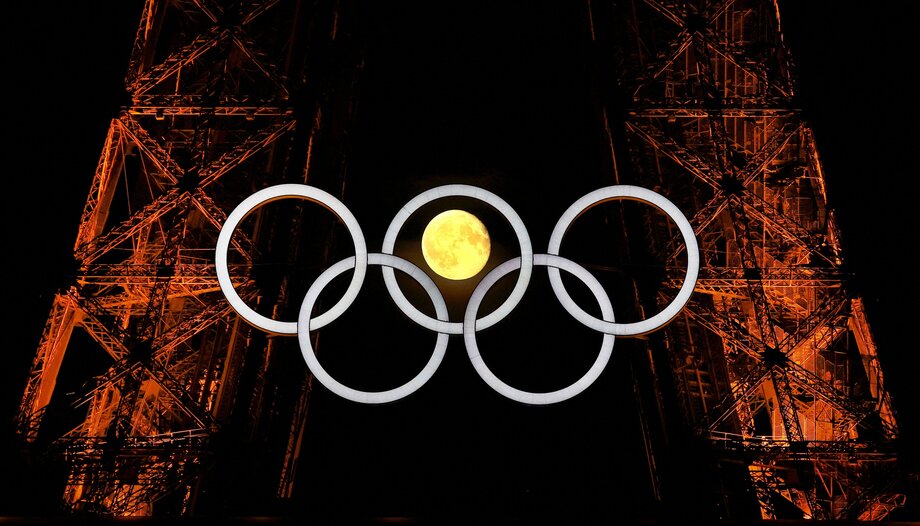The recent inauguration of the Paris 2024 Olympic Games has reignited the debate on the presence and role of Christian values in contemporary society. The event, which traditionally celebrates world unity and diversity, has become the center of a controversy involving several members of the Catholic Church and has once again drawn public attention to fundamental questions about the relationship between faith, culture and modern society.
At the center of the controversy was an artistic representation during the opening ceremony that, according to many observers, seemed to recall the iconography of Leonardo da Vinci's "Last Supper", but reinterpreted in a "queer" key. Several Catholic bishops expressed their strong disapproval, calling the depiction "repugnant" and "disrespectful" to the sacred symbols of Christianity.
In this climate of tension and debate, the voice of the Italian historian Andrea Riccardi, founder in 1968 of the Community of Sant'Egidiothe international lay movement committed for decades to peace, hospitality and the poor. In an interview granted to the newspaper "Avvenire" of the Italian Episcopal Conference, Riccardi reflects articulately on the role of Catholicism in contemporary culture, proposing a vision that goes beyond mere opposition.
In particular, there is an urgent need to "reawaken faith and passion, without which no true cultural initiative is possible", especially as we witness the worldwide phenomenon of the "deculturation of religion and religious phenomena".
A meditated faith
The central concept of the thought of the founder of the Community of Sant'Egidio revolves around the idea of a "thought-out faith", taking up an intuition of St. John Paul II: "A faith that does not become culture is a faith that is not fully accepted, not entirely thought out, not faithfully lived".
This view suggests that Catholicism, in order to maintain its relevance and incisiveness in the contemporary world, must engage in a deep and continuous dialogue with culture, rather than limiting itself to defensive or condemnatory reactions. Moreover, Bergoglio thought the same way when he was archbishop in Buenos Aires, Riccardi recalls, underlining the continuity of a thought that sees culture as a vital expression of faith.
The historian Riccardi, who is also professor emeritus at the University "Roma Tre", does not hide his concern for the current situation of Catholicism: "The fragility of the current expression of Catholic culture - he reflects - derives from the fragility of the faith lived, even more, from the fragility of our communities and from the refusal to say a word of importance". More than "of importance", in fact, this word often has only the character of an indignation as an end in itself. It is a sign of a fragility that manifests itself in a "Catholicism huddled in the corners of urban life", not very proactive.
Culture born of passion
Thus, the solution does not lie in a simple appeal to Catholic intellectuals, as if they were the only bearers of reasoned thought, but in the awakening of passion in Christian communities: "The real problem is the low level of passion in Christian communities". Instead, it is necessary to be aware - the historian adds - that "every cultural operation is born of a great passion, and let us say also of the great passion unleashed by faith".
Quoting Paul VI, Riccardi recalls that: "The world suffers for lack of thought". A concept later expanded by Pope Francis: "The world is drowning for lack of dialogue".
Reflection and dialogue
This opens up a new perspective on how Catholicism can maintain its relevance in an increasingly pluralistic and secularized society. Instead of retreating into a defensive or confrontational posture, Riccardi proposes, following the example of successive popes, a Catholicism that actively engages with contemporary culture, offering that extra critical thinking, capable of dialoguing at the same time with the complexity of the modern world.
The crucial challenge is how to maintain one's own identity and values in constructive dialogue with a rapidly changing society. Certainly, there is no need to fear confrontation, from which can emerge an opportunity for renewal and growth, also for the faith itself, which knows how to make itself relevant in today's global context.
A faith that must undoubtedly be reawakened, possibly with great passion.








